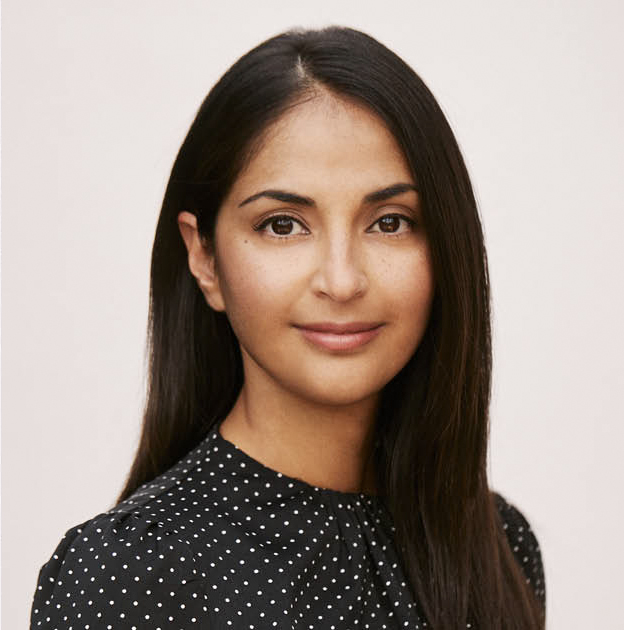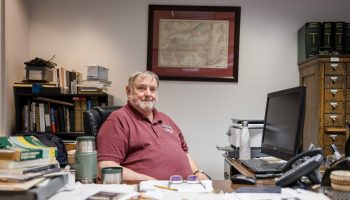
Kaitlyn Finchler
Contributing writer
Abortion restrictions aren’t just a debate on whether or not a woman can terminate a pregnancy. It calls into question how much bodily autonomy a person can have in the country they reside. When one religion is leading the discussions and other perspectives aren’t taken into account, some people often wonder where empathy for others is being held.
Asha Dahya, an Emmy-nominated producer, writer, TEDx speaker and storyteller, will deliver her lecture, “Bodies, Belief and Rebellion: Who Controls Our Freedom?” at 2 p.m. today in the Hall of Philosophy to close the Week Seven Interfaith Lecture Series theme, “Whose Body, Whose Choice? Religion, Sexual Politics, and the Law.”
“I am going to be talking about being a filmmaker in the advocacy space,” Dahya said, “specifically, working on projects and creating projects that have been about abortion, abortion rights (and) reproductive freedom, intersecting with race, religion, immigration and gender equality, as well.”
Essentially, Dahya said she will be “connecting the dots,” telling some stories from documentaries and podcast projects she’s worked on and sharing about her own background.
“My background and all of my lived experiences have contributed in some way or another to where I’ve gotten today and helped me focus and pivot my path wherever it’s needed to change course and go forward,” she said.
When she moved to the United States in 2008, Dahya said she “very quickly learned” what it meant to be a religious person in the conservative evangelical world and how it had to be “inextricably linked” with a political identity.
In terms of abortion, she said, if someone has not had one or spoken to someone who has had an abortion, watching someone share their experience on film gives people the ability to have more empathy.
“It has a very unique ability to bring so many people together and challenge our views,” Dahya said. “Oftentimes, it allows us to connect with a single story and garner an emotional response in a way that we’re not always able to.”
Film can teach, inform and influence people in ways other industries or entities cannot, she said.
“It can illuminate so many things in ways that other mediums cannot,” Dahya said.
Knowing she always wanted to be in the entertainment world, Dahya said she studied film and journalism at university, but her interest in abortion rights advocacy came from her 2008 move to the United States. Now, Dahya is board chair of Religious Community for Reproductive Choice.
“I didn’t really have strong opinions on topics like abortion,” she said. “But, when I moved here, I very quickly learned that I ‘had to have an opinion,’ and it was in my best interest to align with the political stance of the church that I was part of.”
However, Dahya said there were a lot of contradictions and positions in her church “that kind of broke my heart.” So, when she left the church, she said she was left with “so many questions and confusing thoughts” about, “Why are they saying one thing at the pulpit, but yet in real life, every day people are complicated?”
“That planted the seed in me to maybe use my media experience and my passion and skills and talents to figure out the answer to that question,” Dahya said. “That’s how I’ve been able to focus my work on reproductive freedom, and from there, it’s branched out. I’ve learned a lot along the way that isn’t just about abortion in and of itself.”
Judeo-Christian, conservative Christian and Catholic voices have become the “loudest voices in the room” surrounding the abortion debates, Dahya said.
“I don’t think that has allowed room for other faiths and other spiritualities and other people of religions to share their perspectives,” she said. “… There are such varying thoughts and perspectives that I believe that there is no one religion that can dominate that conversation when it comes to the law.”
Dahya said she hopes the audience thinks about the person behind the statistics and the personal impact of abortion restrictions.
“It’s easy to hide ourselves from that and not want to face up to the reality,” Dahya said. “Because the reality is these abortion restrictions that we’re seeing increasingly across the United States, … they’re impacting people that we love and people who are just like us.”




